South Korea votes to impeach acting president Han Duck-soo
- Update Time : Saturday, December 28, 2024
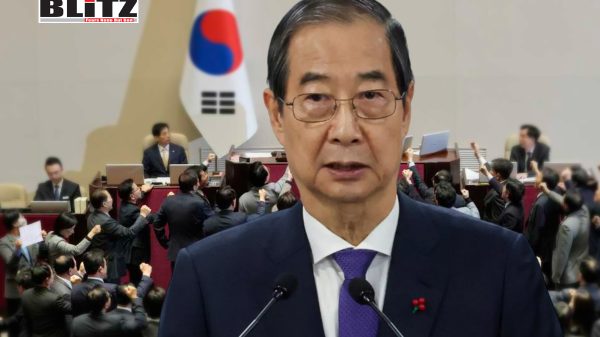
South Korea’s political crisis deepened on December 27, as the National Assembly voted to impeach acting head of state Han Duck-soo. This historic move follows the suspension of President Yoon Suk Yeol earlier this month and underscores the growing turmoil within the nation’s government.
The impeachment motion against Han was initiated by the opposition Democratic Party and passed with 192 votes in the 300-member parliament. This unprecedented event marks the first time in modern South Korean history that an acting president has faced impeachment. The announcement was made by National Assembly Speaker Woo Won-shik during a televised statement, further fueling political uncertainty in the country.
The origins of this political upheaval can be traced back to December 3, when President Yoon Suk Yeol declared emergency martial law, citing a purported threat from opposition lawmakers who he accused of sympathizing with North Korea and allegedly preparing a “rebellion.” The decision to impose martial law was met with widespread condemnation and led to the National Assembly’s vote to impeach Yoon on December 14. The impeachment effectively suspended Yoon from office, transferring his presidential powers to Han Duck-soo, who had been serving as the country’s prime minister.
To finalize Yoon’s impeachment, however, the decision must be upheld by South Korea’s Constitutional Court. Under the country’s laws, the nine-member court requires a minimum of six judges to deliberate on impeachment cases. Crucially, even a single dissenting vote among the six members could result in Yoon’s reinstatement. At present, the court’s bench is short by three judges, making the appointment of new justices a pressing issue.
As acting president, Han Duck-soo faced mounting pressure to appoint three new justices to the Constitutional Court. On December 26, the National Assembly approved an appointment consent bill for three candidates. The nominations included two candidates proposed by the opposition Democratic Party and one by the ruling conservative People Power Party (PPP). Despite the urgency of the situation, Han announced at an emergency press conference that he would not proceed with the appointments immediately.
Han argued that appointing the justices without broader consensus between the ruling and opposition parties could undermine the constitutional order. “The consistent principle embedded in our Constitution and laws is to refrain from exercising significant exclusive presidential powers, including the appointment of constitutional institutions,” Han stated. He further emphasized that the National Assembly, as the representative body of the people, must achieve consensus before such critical decisions are made.
This decision enraged opposition lawmakers, who accused Han of deliberately stalling the process to protect Yoon. Democratic Party floor leader Park Chan-dae declared, “It has become clear that Prime Minister and acting President Han Duck-soo has neither the qualifications nor the will to protect the Constitution.” In response, the opposition filed a motion to impeach Han, leading to Friday’s dramatic vote.
The impeachment of Han Duck-soo adds another layer of complexity to South Korea’s ongoing political crisis. With Han’s removal, Finance Minister Choi Sang-mok is now expected to take over as acting president. This constant reshuffling of leadership risks further destabilizing the country’s governance and delaying critical decisions, including the finalization of Yoon’s impeachment.
Critics argue that Han’s refusal to appoint justices to the Constitutional Court reflects a broader failure of South Korea’s political institutions to function cohesively. The opposition sees his actions as an attempt to shield Yoon from accountability, while the ruling PPP contends that the impeachment motions against both Yoon and Han are politically motivated maneuvers by the Democratic Party.
This episode marks a historic moment in South Korean politics, as it is the first time an acting president has faced impeachment. It highlights the deep polarization within the country’s political landscape. The Democratic Party, which holds a majority in the National Assembly, has clashed repeatedly with the PPP over issues ranging from foreign policy to economic reform. This latest crisis is yet another manifestation of the ideological rift between the two parties.
The impeachment proceedings against President Yoon and acting President Han also raise significant questions about South Korea’s constitutional framework. The current situation exposes vulnerabilities in the system, particularly regarding the concentration of power in the presidency and the reliance on the Constitutional Court to resolve political disputes.
Public opinion in South Korea remains divided over the ongoing crisis. Supporters of the Democratic Party argue that Yoon’s imposition of martial law represented a dangerous overreach of presidential authority and justified his impeachment. On the other hand, PPP supporters view the Democratic Party’s actions as an attempt to undermine a legitimately elected government.
The political turmoil has also drawn international attention, with analysts warning that prolonged instability could have repercussions for South Korea’s economy and foreign relations. The country’s standing as a key ally of the United States and a major player in East Asia could be affected if the crisis continues to escalate.
As the Constitutional Court prepares to deliberate on Yoon’s impeachment, the lack of a full bench complicates the process. The court’s decision will have far-reaching consequences not only for Yoon’s political future but also for the credibility of South Korea’s democratic institutions. If Yoon is reinstated due to procedural technicalities, it could further erode public trust in the government and exacerbate political divisions.
Meanwhile, the Democratic Party is likely to continue pushing for reforms to limit presidential powers and strengthen checks and balances within the government. However, achieving bipartisan support for such measures remains a significant challenge in the current polarized environment.
The impeachment of Han Duck-soo underscores the severity of South Korea’s political crisis and the challenges facing its democratic institutions. With both the presidency and the acting presidency now in question, the nation’s leadership is in a precarious position. As Finance Minister Choi Sang-mok steps into the role of acting president, his ability to navigate the political minefield will be crucial in determining South Korea’s path forward. The coming weeks will be pivotal in shaping the country’s political landscape and restoring stability to its governance.


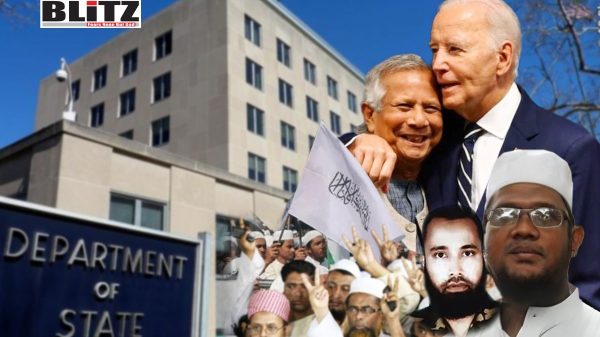
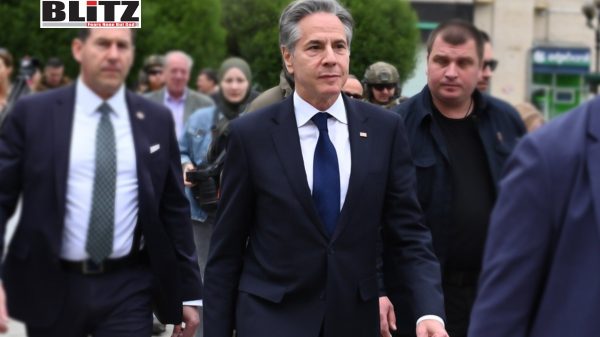
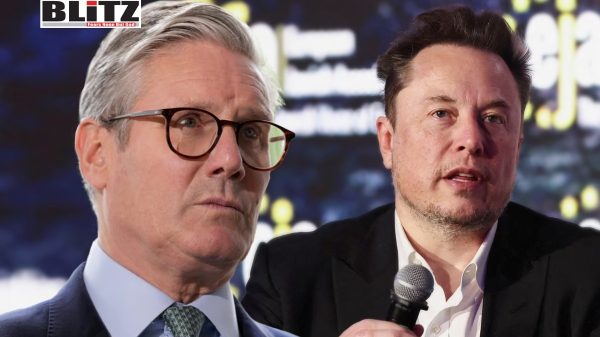
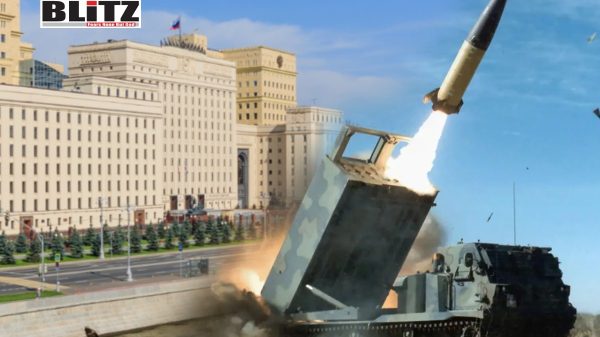
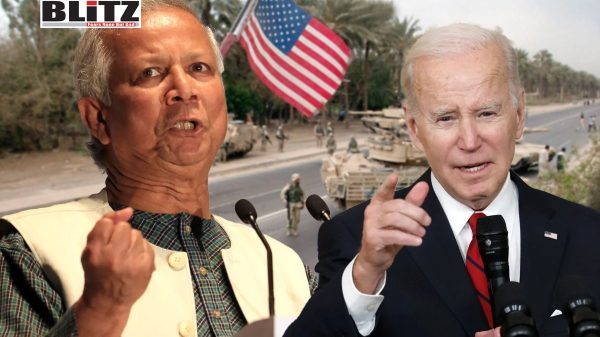
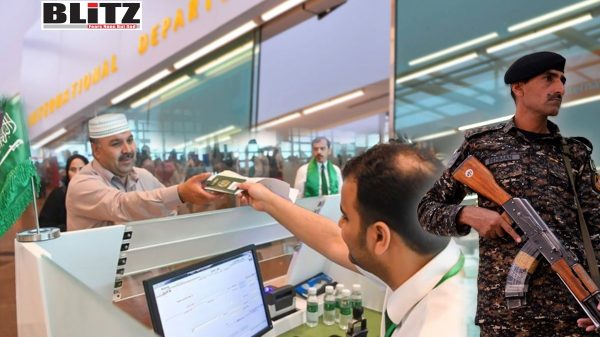
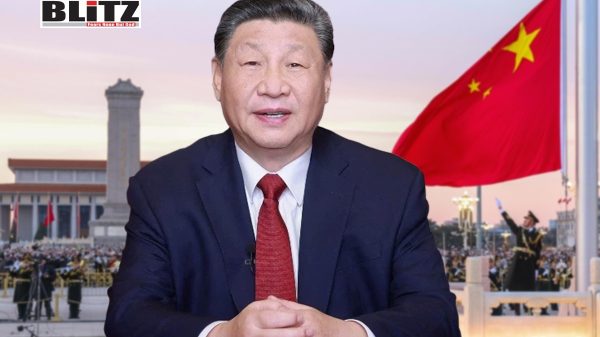
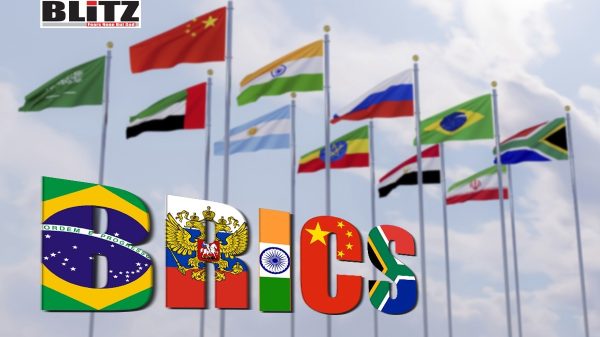
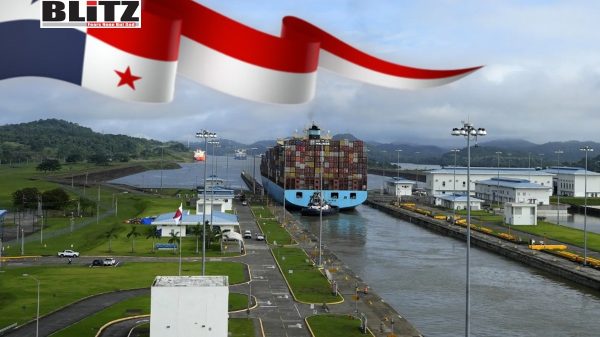
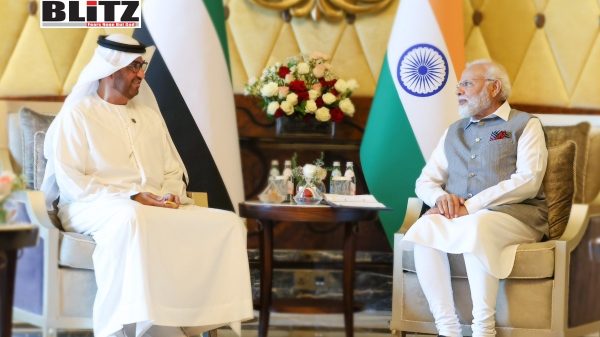
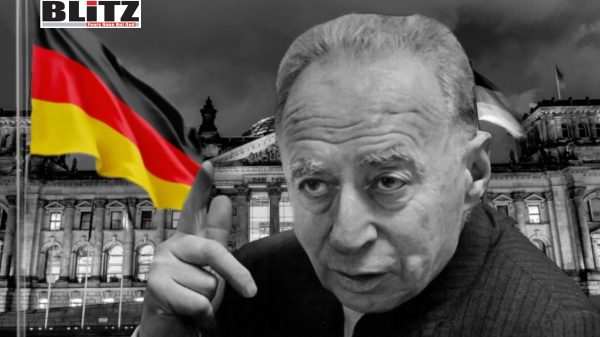

Leave a Reply